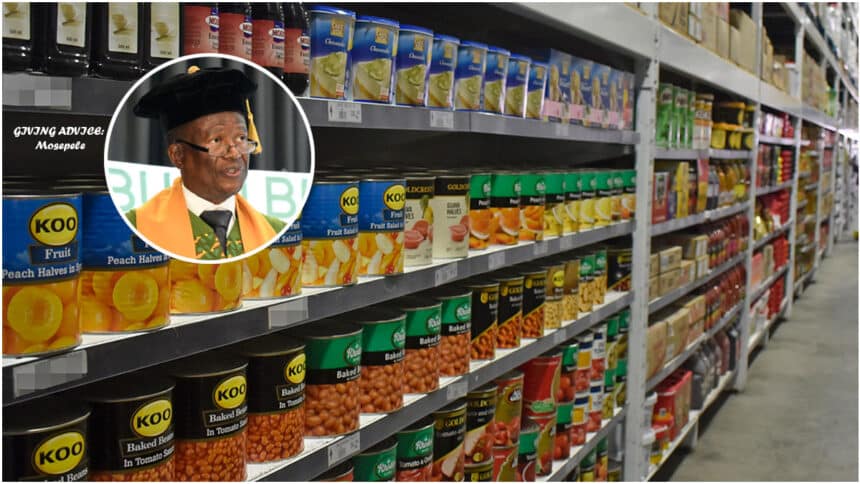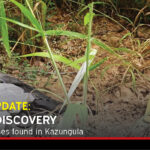Food and nutrition challenges present mouth-watering opportunities
Food and nutrition challenges present mouth-watering opportunities
Despite government’s best efforts to promote agricultural production and increase local produce, the country’s food import bill continues to gobble up billions of Pula.
Currently, Botswana spends approximately P14 billion on foodstuff every year, with the Agriculture and Natural Resources sector rising as high as P17 billion.
Although food and nutrition shortages are a growing concern, and seen as a national challenge, it also provides countless opportunities for locals to fill the gap, and fill their pockets in the process!
This was the message drilled home by Botswana University of Agriculture and Natural Resources (BUAN) Vice Chancellor, Ketlhatlogile Mosepele, when speaking at the university’s graduation ceremony on Friday (11 October).
“The agriculture and natural resources sectors are full of opportunities across their entire value chains, from primary production to the service sectors. Take advantage of them. The green economy is key to economic diversification that will unlock sustainable socio-economic growth of our country. Subsequently, government has created various tools and vehicles for you to leverage on. Leverage on the entrepreneurial skills that we have imparted to you and make use of the economic empowerment tools created for you,” said Professor Mosepele, urging the youth to take advantage of government schemes such as ‘Thuo Letlotlo’.
According to the Food and Agriculture Organisation (FAO), the global value of primary agricultural production is US$5 trillion with key growth areas ranging from primary production of foods like cereals, cotton, and beef, to the service sector which includes packaging, supply chain and storage infrastructure. This includes sub-sectors like Aquaculture and precision agriculture, to sectors like microbial fertilisers and bio pesticides, among others.
“Aspire to become key players in the production of beef that is idiosyncratically Botswana: a free-range, grass-fed, organically grown beef. Be active in the production of Bovine Germ plasma for the local and export markets. Take the lead in non-traditional sectors like Aquaculture, which is a national priority. Lean on ‘Temo Letlotlo’ and use it to increase the national grain supply. Use your knowledge and expertise and apply new and innovative technologies to enhance food production. Grow new crops like safflower and rice which are part of the Temo Letlotlo package and create wealth for yourselves and others,” Professor Mosepele urged BUAN’s Class of 2024, which consists of 248 graduates.
Underpinning economic activity and development, the natural resource sector, which includes renewable natural resources and encompass flora and fauna, stands to offer limitless opportunities with global natural resources estimated to be worth US$ 125 Trillion according to the World Wildlife Fund.











